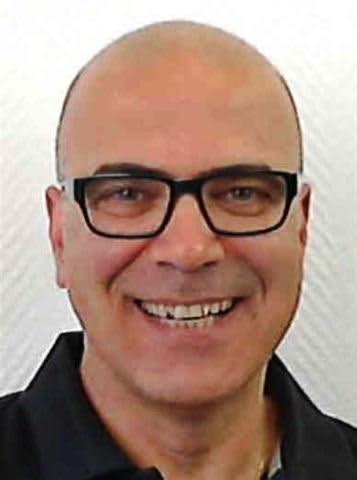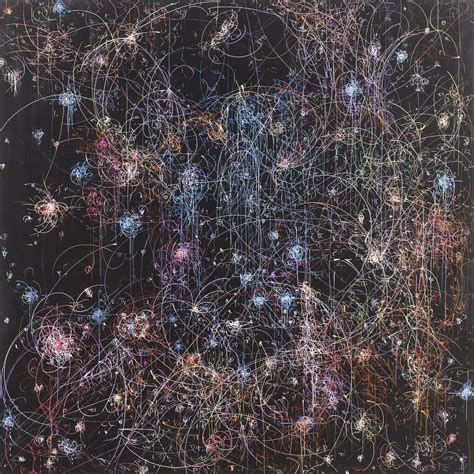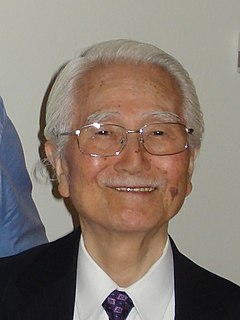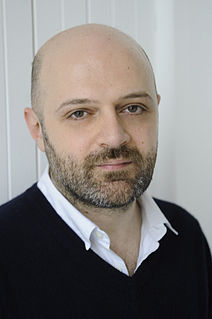A Quote by Rebecca Solnit
The process of transformation consists mostly of decay.
Quote Topics
Related Quotes
Cut a chrysalis open, and you will find a rotting caterpillar. What you will never find is that mythical creature, half caterpillar, half butterfly, a fit emblem for the human soul, for those whose cast of mind leads them to seek such emblems. No, the process of transformation consists almost entirely of decay.
In her novel Regeneration, Pat Barker writes of a doctor who 'knew only too well how often the early stages of change or cure may mimic deterioration. Cut a chrysalis open, and you will find a rotting caterpillar. What you will never find is that mythical creature, half caterpillar, half butterfly, a fit emblem of the human soul, for those whose cast of mind leads them to seek such emblems. No, the process of transformation consists almost entirely of decay.
There's stable subatomic particles - protons, neutrons, electrons - and then there's unstable ones that decay into stable ones. One will become many. There's this constant process of transformation that underlies everything in the entire universe. They also make these beautiful marks through time. It's like the universe was drawing, essentially, at this fundamental level. There's always an alphabet that's based in natural patterns. Sometimes they're just by themselves, sometimes they build up these other things that relate to the conception, that are more at our level of existence.
We have been forced to admit for the first time in history not only the possibility of the fact of the growth and decay of the elements of matter. With radium and with uranium we do not see anything but the decay. And yet, somewhere, somehow, it is almost certain that these elements must be continuously forming. They are probably being put together now in the laboratory of the stars. ... Can we ever learn to control the process. Why not? Only research can tell.
Doctors look after me. But, basically, I look after myself. I don't overeat. I don't develop a big paunch. I do a little bit of exercise. At the same time, I believe that if you don't work, you will decay. The decay process is through not using your faculties - not using your brain, not using your body.
It is impossible to improve any process until it is standardized. If the process is shifting from here to there, then any improvement will just be one more variation that is occasionally used and mostly ignored. One must standardize, and thus stabilize the process, before continuous improvement can be made.
The first entirely vital action, so termed because it is not effected outside the influence of life, consists in the creation of the glycogenic material in the living hepatic tissue. The second entirely chemical action, which can be effected outside the influence of life, consists in the transformation of the glycogenic material into sugar by means of a ferment.





































